Not only confusing many parents and teachers, the language of today's teenagers, when mixed "half English, half Vietnamese", combined with the language developed from social networks, creates a diverse ecosystem, causing many people to go online to Google to find out what this "slang" means and where this trend comes from.

Students in Ho Chi Minh City talk to each other after an exam.
ILLUSTRATION: NGOC LONG
Diverse "slang", "unique" words
Nguyen Thai Hong Ngoc, a student at Phu Nhuan High School (HCMC), said that he uses "slang", "unique" words or inserts English when talking with friends, mainly famous phrases on TikTok, with a "not much" frequency. In particular, the use of these phrases is more common when students text each other or post on social networking sites.
"Writing 'teencode' or using these phrases helps our conversations become less serious, allows us to text faster, and avoid being 'out of place' compared to our friends," this female student shared.
Ngoc gives an example: instead of saying someone is "country", you will use phrases like "compensate for regional points", "invite our group to go up the mountain", or when referring to someone with "unusual thinking", you will use words like "cool", "boring"... In addition, young people like Ngoc also prefer to use English words, instead of using Vietnamese, especially with words like "deadline" (meaning "deadline"), "chill", "vibe", "crush", "feedback", "drama"...
Especially when addressing each other, you can call the person you are communicating with "Mrs. Tho" - originating from a famous trend on TikTok.
Ho Anh Tuan, a student at the University of Social Sciences and Humanities, Ho Chi Minh City National University, said that young people will use "teencode" or "slang" words based on their sensitivity and ability to understand the communication atmosphere. Tuan also emphasized that many English phrases cannot be completely translated into Vietnamese, such as "slay" (cool), "wellbeing" (safety, health), etc., forcing young people to use English to facilitate communication.

Students today communicate with each other with many new words and "slang".
ILLUSTRATION: NGOC LONG
Some phrases like LGBT (lesbian, gay, bisexual, transgender) are "transformed" by young people into " Binh Thuan chicken hotpot" to express a more humorous and gentle tone, according to a male student.
Parents were confused and panicked when they heard their children talking.
A parent named Hoang, whose child is in elementary school and lives in Xom Chieu ward, Ho Chi Minh City, said that sometimes he panics when his child tells a story. For example, if he wants to express surprise at a story told by a classmate, his child said that the students will say "Are you serious, Mrs. Tho?", even though no one in the class is named Tho.
And when expressing something unexpected, for example, one day mom/dad cooks a surprising dish, either too salty or too bland, the child will say "oh my gosh, oh my gosh, what is a level, who is it to judge"! Or seeing someone who is good at studying, beautiful, speaking English well, the child will say "that girl is so cool". Praising someone for being so smart, the child will say "loser to Zhuge Liang in only his fan"...
All kinds of languages, half English, half Vietnamese
Nguyen Tan Tai, a fourth-year student at Van Hien University (HCMC), said that nowadays, young people texting each other using the language of teenagers - "teencode" - is very popular. To prove this, Tan Tai gave a series of "teencodes". In which, many English words are commonly used instead of being translated into Vietnamese, or transformed into a new word that is half English and half Vietnamese. For example, instead of writing "xem" they will use "seen", instead of writing "goi", you will use the word "call", instead of asking for the lyrics of this song, you will ask, "cho xin lyrics"; "wall", "tcn" means "personal page", "cap mh" means "screenshot"...
In addition, the language of today's youth is also a series of abbreviations that young people often use to text each other. Such as "j" means "what"; "jz" means "what is it"; "đljz" means "what are you doing"; "ns" means "talk"; "chs" means "play"; "snzz" means "happy birthday"; "nx" means "more"; "cx" means "also"; "dk" means "right"; "thik" means "like"; "mik" means "me"; "nek" means "this"; "dth" means "cute"; "btvv" means "good evening", "ik" means go, "hok" means "no", "ni" means "friend", "che" means "sister"...
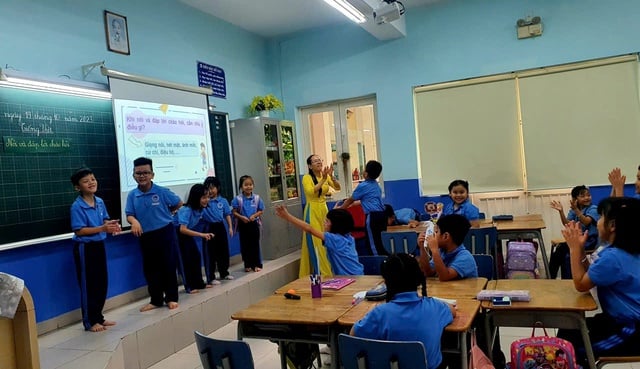
Primary school students in a Vietnamese lesson. Preserving the purity of the Vietnamese language is the responsibility of not only the school, but also the family and society.
PHOTO: THUY HANG
Tan Tai also cited a series of "slang" words that were also transformed by students, making many parents of generations 6X, 7X, even 8X, 9X confused and not understanding anything, having to go online to look up the Gen Z dictionary, Gen Alpha dictionary. For example, "gạo bộp chua?" means you ask someone "have you eaten rice yet?", "lẻmon" means "chánh", "bùn" means "buồn", "mí nì" means "said". Or there are quite strange phrases, such as "là kha lời Khởi" which is equivalent to "lã loi", "rạn venom" (for example "con kia ra doc"), which means "con kia scheming and cunning". The phrase " phanh cyclo" corresponds to the word "hon", and xu cà na = "xui", or "qua tao longan long" which corresponds to the idiom "instant retribution"...
Recently, there are many other ways of using words that are popular on social networks, then spread out into real life. For example, "Môi troi minh dich lên nui" means someone has done something very "rustic"; or "hey, hey nha" means wanting to remind someone to do something they shouldn't do, "đụ quao" means something very wonderful, surprising...
Source: https://thanhnien.vn/boi-roi-voi-tieng-long-ngon-ngu-nua-anh-nua-viet-cua-hoc-sinh-ngay-nay-185251104125453375.htm


![[Photo] Ca Mau "struggling" to cope with the highest tide of the year, forecast to exceed alert level 3](https://vphoto.vietnam.vn/thumb/1200x675/vietnam/resource/IMAGE/2025/11/04/1762235371445_ndo_br_trieu-cuong-2-6486-jpg.webp)

![[Photo] Panorama of the Patriotic Emulation Congress of Nhan Dan Newspaper for the period 2025-2030](https://vphoto.vietnam.vn/thumb/1200x675/vietnam/resource/IMAGE/2025/11/04/1762252775462_ndo_br_dhthiduayeuncbaond-6125-jpg.webp)

![[Photo] The road connecting Dong Nai with Ho Chi Minh City is still unfinished after 5 years of construction.](https://vphoto.vietnam.vn/thumb/1200x675/vietnam/resource/IMAGE/2025/11/04/1762241675985_ndo_br_dji-20251104104418-0635-d-resize-1295-jpg.webp)
![[Photo] Ho Chi Minh City Youth Take Action for a Cleaner Environment](https://vphoto.vietnam.vn/thumb/1200x675/vietnam/resource/IMAGE/2025/11/04/1762233574890_550816358-1108586934787014-6430522970717297480-n-1-jpg.webp)



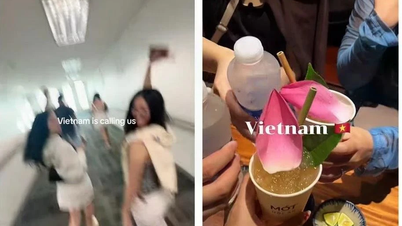


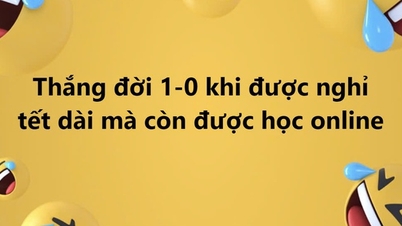



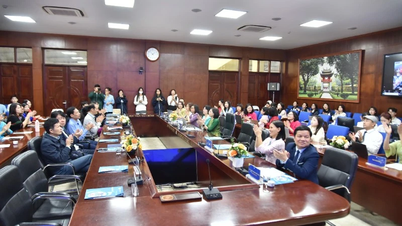

![[Video] Ministry of Education and Training announces the 2026 university and college enrollment plan](https://vphoto.vietnam.vn/thumb/402x226/vietnam/resource/IMAGE/2025/11/04/1762270484541_dung00-18-42-03still007-jpg.webp)
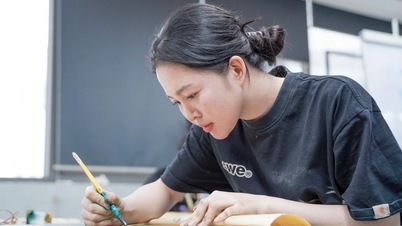
































































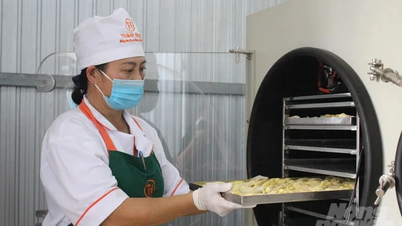
















Comment (0)